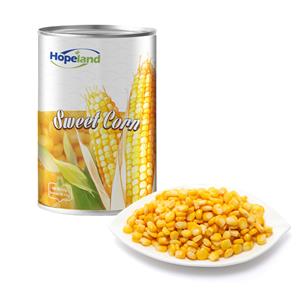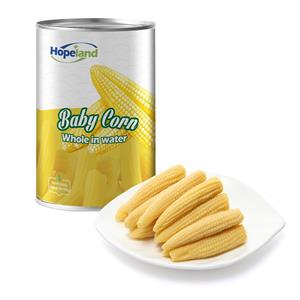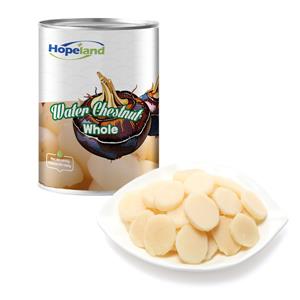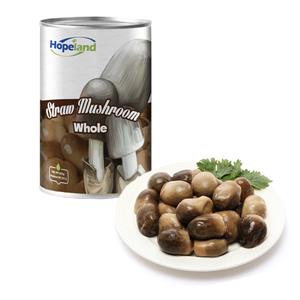2025 Dragon Boat Festival Holiday Notice & Cultural Insights
Dear Valued Customers, Partners, and Team Members,
As the warm breezes of early summer carry the scent of rice dumplings and the rhythmic drumbeats of dragon boats draw near, it is time once again to celebrate one of China’s most beloved traditional festivals: the Dragon Boat Festival (端午节, Duānwǔ Jié). In accordance with the State Council’s 2025 holiday schedule and in consideration of our company’s operational needs, we are pleased to announce the holiday arrangements and share some fascinating insights about this age-old festival. We hope this post will help you plan your time wisely, learn more about the rich cultural heritage of the Dragon Boat Festival, and make the most of this special occasion.
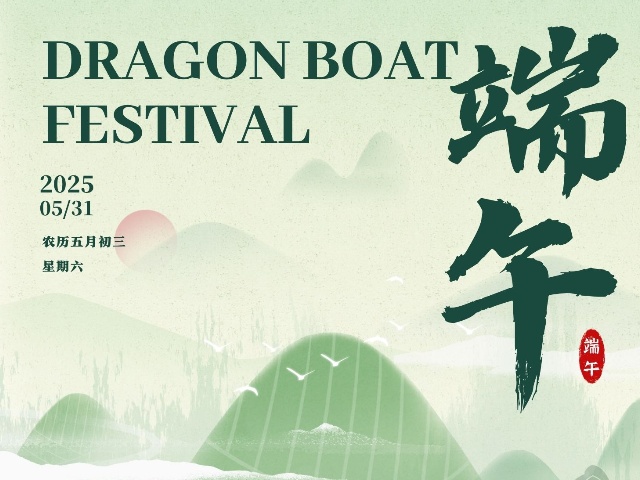
Table of Contents
2025 Holiday Schedule
The Origins of Dragon Boat Festival
Traditional Customs and Regional Variations
Modern Celebrations & Company Activities
Travel & Safety Tips
Recommended Dragon Boat Festival Recipes
Health & Wellness During the Festival
Sustainable & Eco-Friendly Festival Ideas
Contact & Support Information
Closing Blessings
1. 2025 Holiday Schedule
According to the official holiday notice issued by the State Council, the Dragon Boat Festival in 2025 will be observed as follows:
Holiday Period: Saturday, May 31st – Tuesday, Mondy 2nd, 2025 (3 days)
Work Resumption: Tuesday, June 9th, 2025
2. The Origins of Dragon Boat Festival
The Dragon Boat Festival traces its roots back over two thousand years and is rich in folklore, patriotic sentiment, and folk customs. While there are several legends associated with the festival, the most widely accepted origin story commemorates the life and death of the ancient poet and statesman Qu Yuan (屈原).
2.1 Qu Yuan: Poet and Patriot
Who was Qu Yuan?
Qu Yuan (c. 340–278 BCE) served as a high-ranking minister in the Kingdom of Chu during the Warring States period. A devoted patriot, he was vehemently opposed to corruption and advocated alliances to strengthen Chu against rival states. When political intrigue drove him into exile, he wandered the countryside composing poems lamenting the fate of his beloved nation.
Tragic End and Birth of a Festival
Legend holds that when the capital of Chu fell to Qin forces, Qu Yuan, in despair, threw himself into the Miluo River on the fifth day of the fifth lunar month. Local people raced out in boats to search for him, beating drums and splashing their oars to frighten away evil spirits and fish that might harm his body. To prevent fish from devouring his corpse, they also tossed rice dumplings into the water as offerings. Over time, these rituals evolved into the dragon boat races and zongzi (粽子) customs we observe today.
2.2 Other Legends
Wu Zixu (伍子胥): Another tribute connects the festival to Wu Zixu, a loyal minister who was forced to commit suicide. Boat races were held in his memory.
Cangjie (仓颉): Some regions honor Cangjie, the legendary inventor of Chinese characters, on the fifth day of the fifth lunar month, believing auspicious energies peak at this time.
3. Traditional Customs and Regional Variations
Over the centuries, the Dragon Boat Festival has grown to encompass a variety of customs—some shared nationwide, others unique to particular provinces or ethnic groups.
3.1 Eating Zongzi (粽子)
Zongzi are pyramid- or cone-shaped rice dumplings made of glutinous rice wrapped in bamboo, reed, or lotus leaves. Fillings vary by region:
Northern China: Often sweet, filled with red bean paste, jujubes, or sweetened chestnuts.
Southern China (e.g., Guangdong, Fujian): Savory varieties with marinated pork belly, salted egg yolk, mushrooms, dried shrimp, and peanuts.
Taiwan & Hong Kong: A blend of sweet and savory, sometimes with taro or melon seeds.
Sichuan: Spicy zongzi flavored with chili bean paste and pickled vegetables.
3.2 Dragon Boat Racing
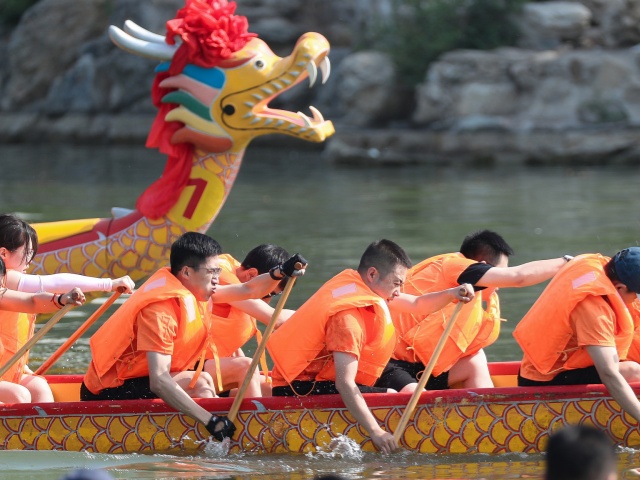
Dragon boat races symbolize the frantic efforts to save Qu Yuan. Each boat:
Is decorated with vibrant colors and a dragon’s head and tail.
Can hold 20–80 paddlers, a drummer at the bow to set the pace, and a steersperson at the stern.
Follows a straight course (typically 200 m to 1000 m long).
Has become a global sport, featured in international competitions and university events.
3.3 Hanging Mugwort & Calamus
Mugwort (艾草) and calamus (菖蒲) have insect-repelling properties and a pleasant fragrance. Bundles are hung on doors and windows to:
Ward off disease-carrying insects.
Symbolize protection and good health.
3.4 Wearing Fragrant Sachets (香囊)
Children and adults carry small embroidered sachets filled with aromatic herbs—such as cassia, clove, and mint—to:
Repel insects.
Absorb negative energies.
Act as a charming accessory reflecting regional needlework traditions.
3.5 Other Folk Practices
Five-Color Silk Thread (五色丝线): Tied around wrists or ankles to protect children from evil spirits.
Drinking Realgar Wine (雄黄酒): Considered an antidote to toxins and pests—though nowadays often replaced by harmless grape wine for safety.
Mounting Israelages (五毒): Ceramic or plastic figurines depicting the “five poisons” (scorpion, centipede, snake, toad, spider) to scare away misfortune.
4. Modern Celebrations
With rapid modernization, the Dragon Boat Festival has become both a cherished cultural heritage and a festive holiday that blends traditional customs with contemporary entertainment and corporate engagement.
4.1 Public Festivals & Tourism
Dragon Boat Festivals Across China: Major cities such as Hangzhou (West Lake races), Guilin (Li River racing), and Wuhan (East Lake carnival) draw thousands of participants and spectators.
International Events: From Singapore’s Marina Reservoir to London’s Royal Shrewsbury Boat Club, dragon boat racing has spread worldwide.
5. Travel & Safety Tips
Many people choose to travel during the Dragon Boat Festival, either to witness grand races or to relax at scenic spots. To ensure a safe and enjoyable holiday, please consider the following:
5.1 Booking & Transportation
Advance Reservations: Train and flight tickets sell out quickly. Book as early as possible.
Flexible Plans: Opt for refundable or reschedulable tickets.
Peak Traffic: Roads leading to tourist hotspots can be congested—consider off-peak departure times.
5.2 Accommodation
Quality Checks: Choose hotels with good hygiene ratings and clear cancellation policies.
Local Homestays: For a more authentic experience, consider eco-homestays or guesthouses near rivers where dragon boat races take place.
5.3 Health Precautions
Stay Hydrated: Early June can be hot and humid—keep bottled water and electrolyte drinks handy.
Sun Protection: Apply sunscreen, wear hats, and carry parasols if needed.
Food Safety: When sampling street-food zongzi, ensure vendors follow proper sanitary practices.
5.4 On-Water Safety
If you participate in amateur boat races or rent small boats:
Life Jackets: Always wear a certified life jacket.
Swimming Ability: Non-swimmers should remain onshore or in shallower areas.
Supervision: Keep an eye on children near water.
6. Recommended Dragon Boat Festival Recipes
While traditional zongzi are the star of the Duānwǔ menu, there are many complementary dishes and modern twists worth trying.
6.1 Classic Zongzi Varieties
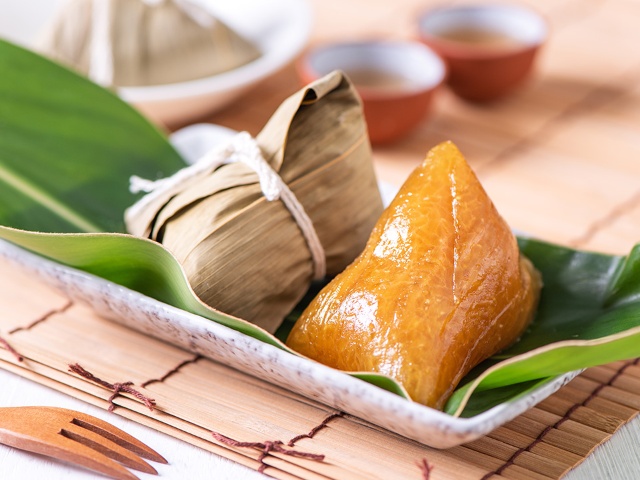
Region | Key Fillings | Flavor Profile |
Jiangnan | Sweet bean paste, jujube, chestnut | Sweet & Mild |
Cantonese | Pork belly, salted egg yolk, mushroom | Savory & Rich |
Taiwanese | Peanut, taro, mixed meats | Sweet-Savory |
Sichuan | Pickled mustard greens, chili paste | Spicy & Tangy |
6.2 Zongzi Fusion Ideas
Chocolate Banana Zongzi: Glutinous rice infused with cocoa powder, filled with banana slices and dark chocolate chips—perfect for Western palates.
Matcha Red Bean Zongzi: Japanese matcha–flavored rice with sweet red bean paste.
Vegan Mushroom & Chestnut Zongzi: A hearty, plant-based alternative that uses seasoned mushrooms, chestnuts, and vegan “meat” crumbles.
6.3 Side Dishes & Beverages
Realgar Paste Fruit Salad: A refreshing mix of melon, grapes, and lightly sweetened yogurt—playful nod to the traditional realgar wine (without the alcohol).
Herbal Tea Trio: Chrysanthemum, mint, and honeysuckle tea served cold, ideal for cooling down after boat races.
Sticky Rice Balls (汤圆): Though traditionally eaten at the Lantern Festival, black sesame or peanut-filled tangyuan add an extra chewy treat to Duānwǔ tables.
7. Health & Wellness During the Festival
Dragon Boat Festival falls at the beginning of summer, a period in traditional Chinese medicine (TCM) associated with the element of fire and the heart meridian. Maintaining balance is key.
7.1 Dietary Recommendations
Light & Cooling Foods: Incorporate cucumber, watermelon, mung bean soup, and lotus root tea to counteract summer heat.
Moderate Indulgence: Zongzi are glutinous and rich—eat in moderation to avoid digestive discomfort.
Probiotic Drinks: Kefir or lightly fermented vegetable juices can aid digestion.
7.2 Physical Activity
Dragon Boat Training: Paddling is a full-body workout—great for stamina and teamwork skills.
Tai Chi by the River: Gentle stretching and mindfulness practice to harmonize body and mind.
Evening Strolls: Cooler dusk walks help relax after a day of festivities.
8. Sustainable & Eco-Friendly Festival Ideas
As environmental awareness grows, many communities are adopting green practices to celebrate Duānwǔ responsibly.
Biodegradable Zongzi Wrappers: Switch from plastic to natural bamboo leaves and compostable twine.
Reusable Dragon Boat Decorations: Invest in durable, recyclable materials rather than single-use plastics.
Waste Sorting Stations: Encourage attendees at boat races and public gatherings to separate recyclables, compostables, and landfill waste.
Local Sourcing: Use locally grown rice, herbs, and fillings to reduce carbon footprint and support community farmers.
By integrating sustainability into our celebrations, we honor not only cultural traditions but also our responsibility to future generations.
9. Contact & Support Information
Should you have any questions about our holiday schedule, festival events, or product offerings, please feel free to reach out:
Email: amoytop@amoytopfoods.com
Official Website: https://www.amoytopfoods.com/
Office Address:
Rm.402,Bldg.b,No.9-19 Fanghu Rd,Hili District,Xiamen,Fujian,China
For urgent matters during the holiday, our on-call team will monitor messages and respond as soon as possible.
10. Closing Blessings
As we prepare to don our fragrant sachets, race through the waves in ornate dragon boats, and savor the sweet-savory aroma of handcrafted zongzi, let us remember the spirit of unity, patriotism, and health that the Dragon Boat Festival embodies. Whether you are traveling, resting at home, or joining one of our company-sponsored events, may this festival bring you:
Good Health: May the protective charms and nourishing foods keep you safe and well.
Family Togetherness: May every shared zongzi wrap you in warmth and love.
Joy & Prosperity: May the drumbeats of dragon boats propel you toward success and happiness.
On behalf of Amoytop Foods, we extend our heartfelt thanks for your continued trust and partnership. We wish you and your loved ones a joyous, safe, and memorable Dragon Boat Festival!
Happy Dragon Boat Festival! 端午安康!

